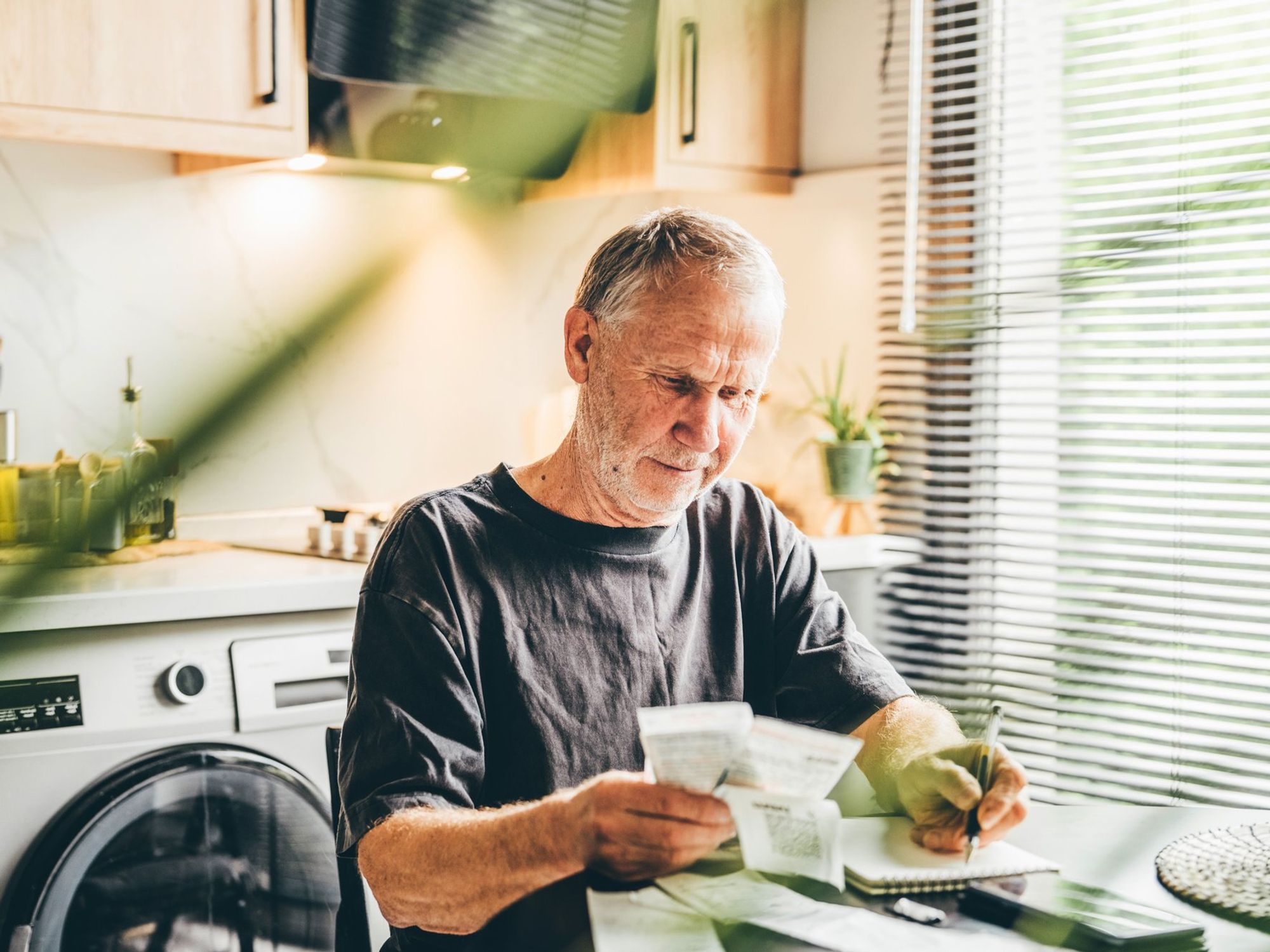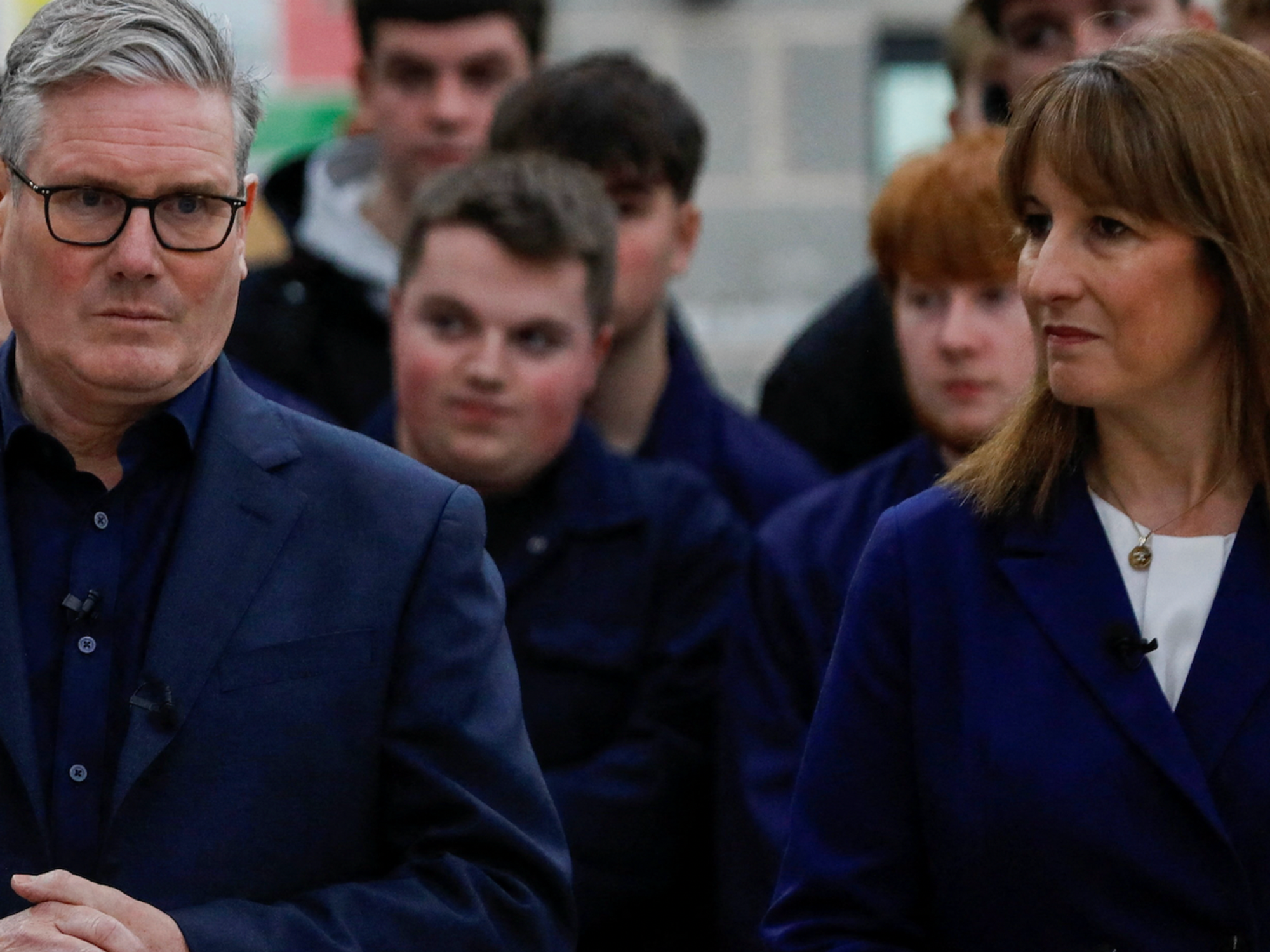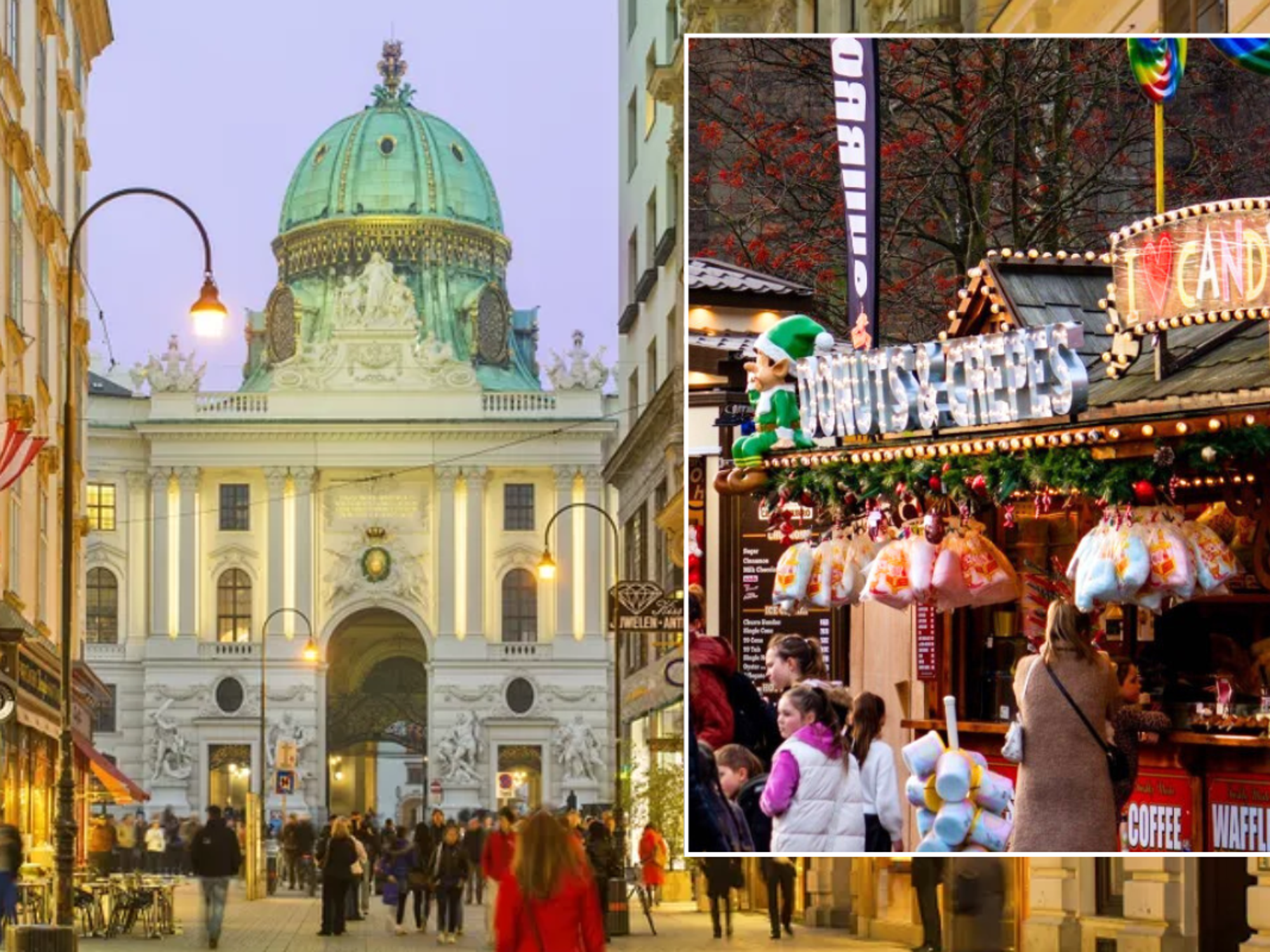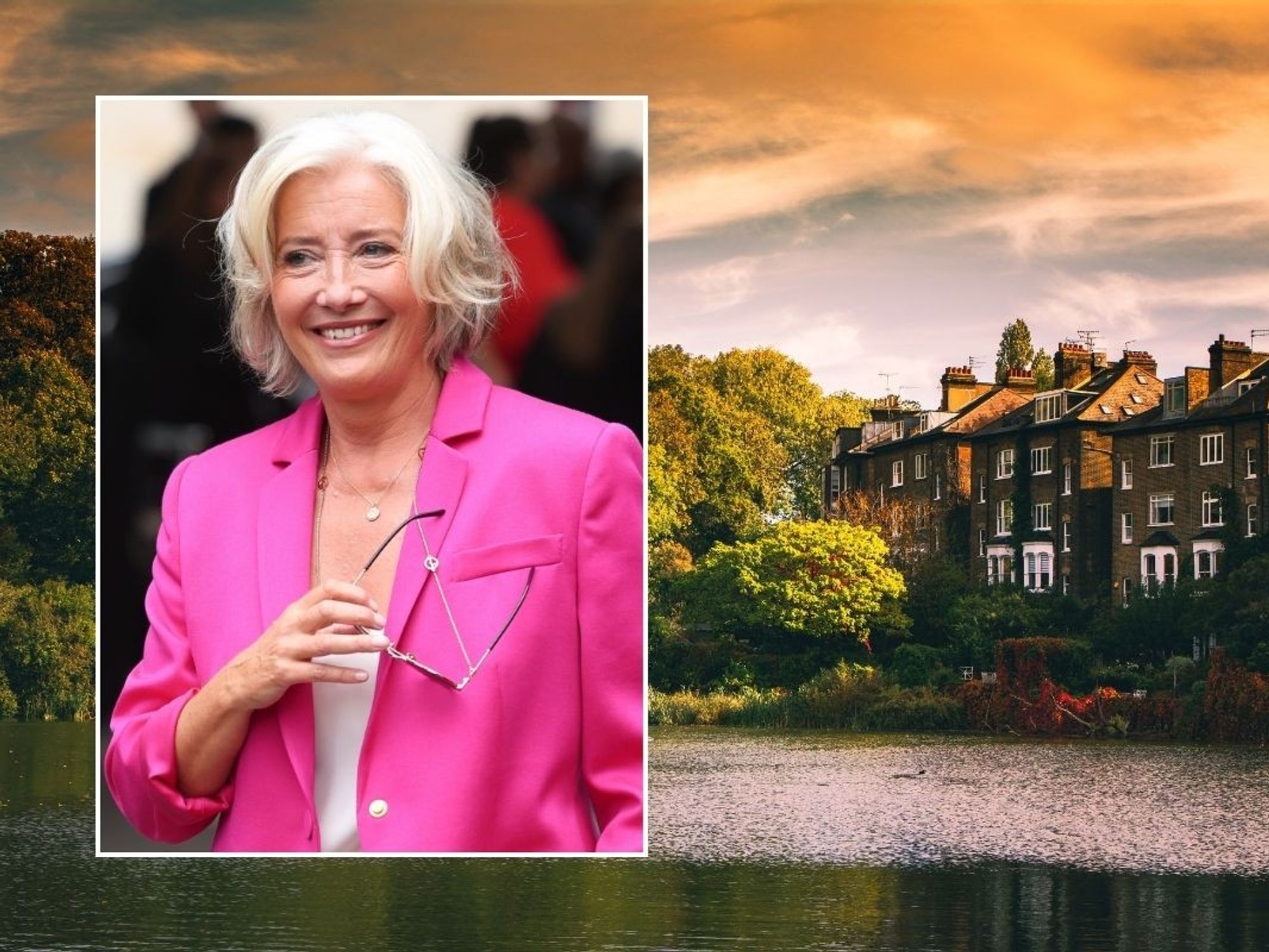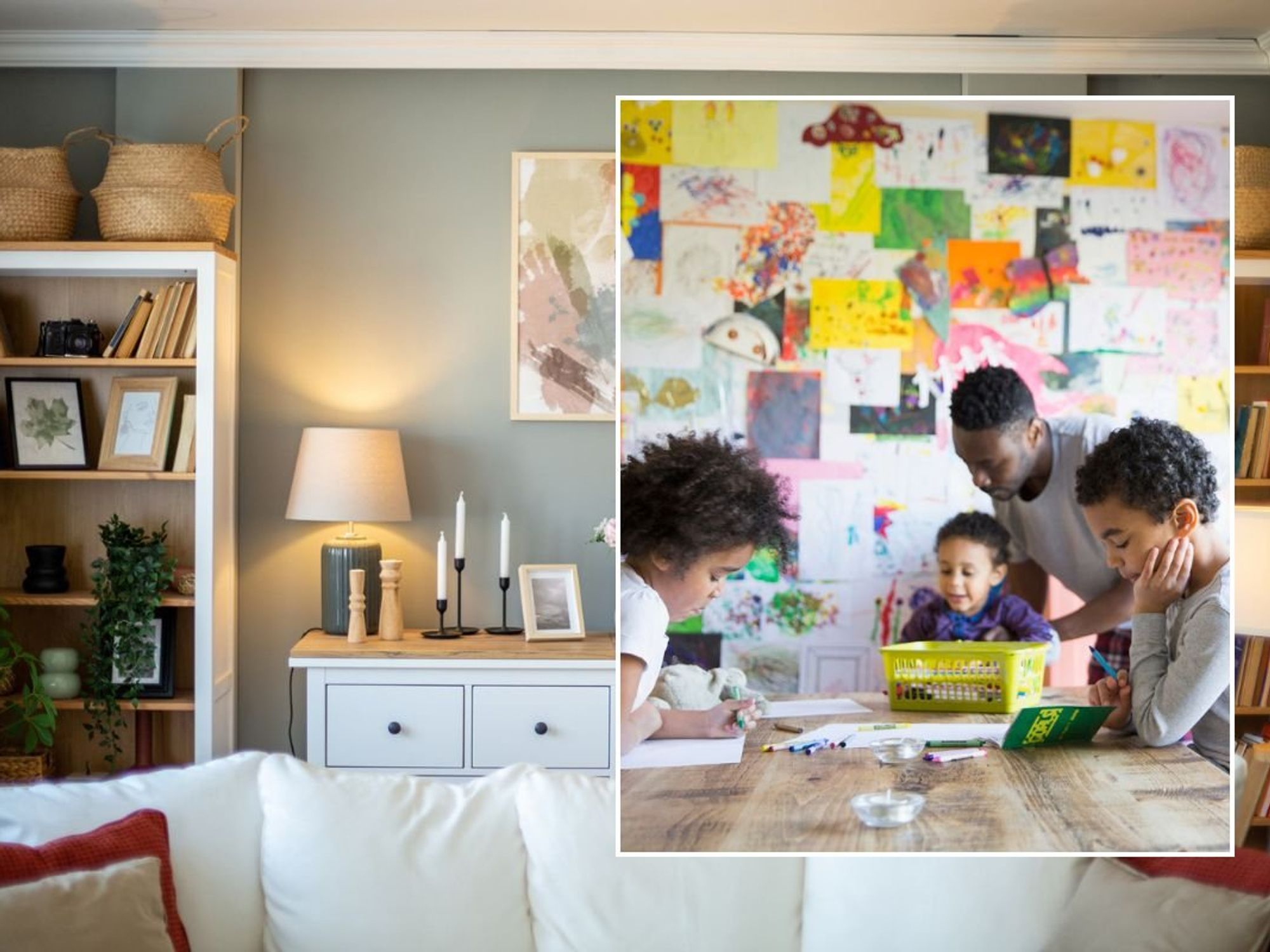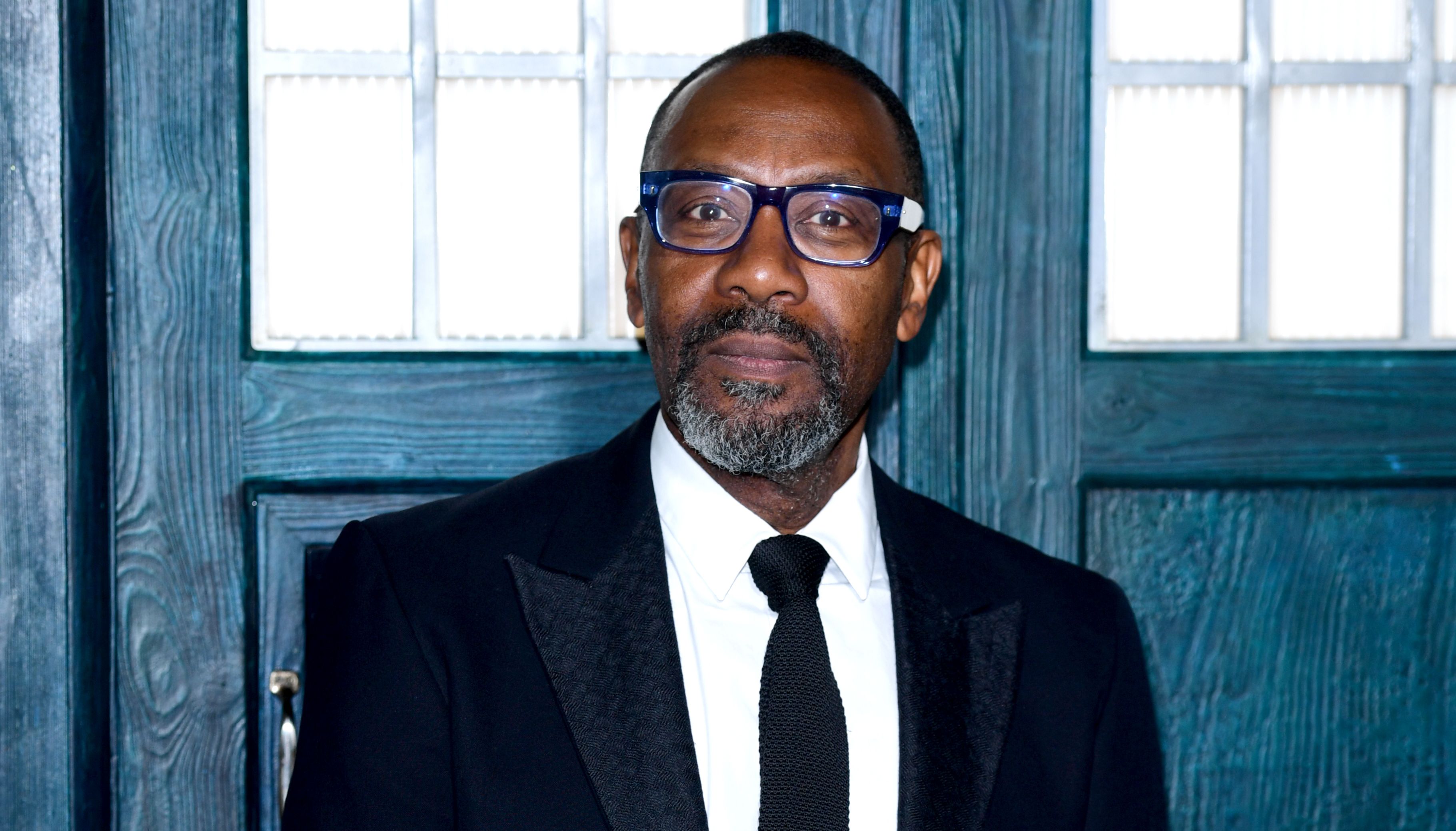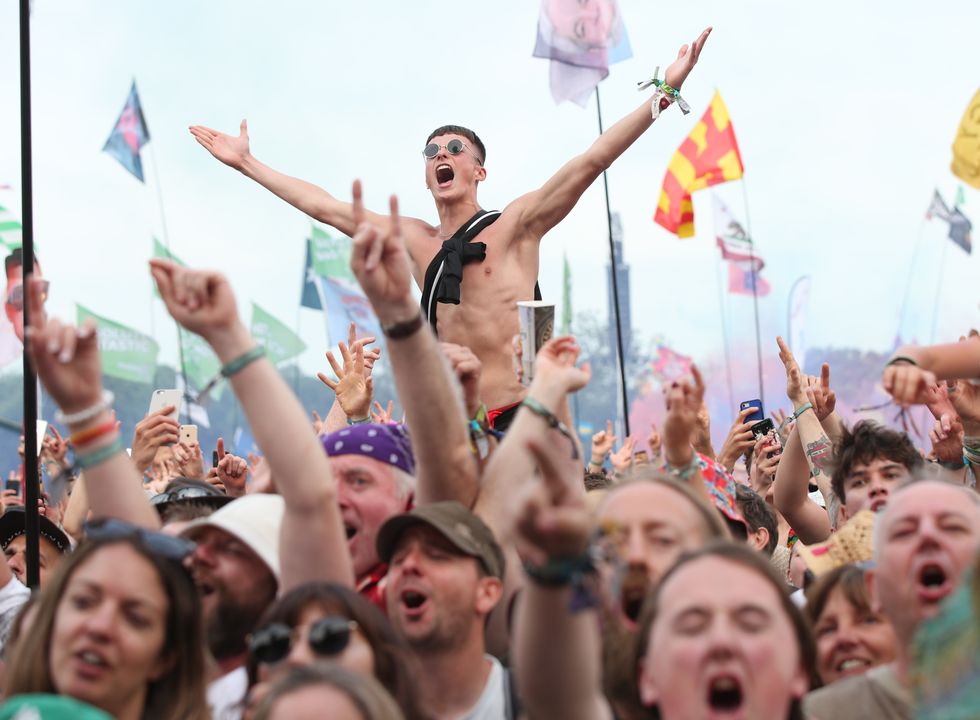Lack of black people at Glastonbury 'interesting', Lenny Henry says

The comedian said he is 'always surprised by the lack of black and brown faces at festivals'
Don't Miss
Most Read
Sir Lenny Henry has said it is “interesting” to see the apparent lack of black people in the audience at Glastonbury Festival.
The actor and comedian, 63, also said he was “surprised” by the lack of diverse faces at festivals in the UK generally.
Discussing diversity and places where different groups do not mix, he said: “It’s interesting to watch Glastonbury and look at the audience and not see any black people there.
Sir Lenny Henry has said it is “interesting” to see the apparent lack of black people in the audience at Glastonbury Festival.
Ian West
Speaking to Clive Myrie for Radio Times, the comedian said: “I’m always surprised by the lack of black and brown faces at festivals. I think, ‘Wow, that’s still very much a dominant culture thing’.”
Glastonbury takes place next week at Worthy Farm in Somerset, finally celebrating its 50th anniversary after being delayed by the pandemic, with Sir Paul McCartney, Billie Eilish and rapper Kendrick Lamar confirmed as headliners.
The crowd watching Liam Gallagher performing on the Pyramid Stage during the Glastonbury Festival, at Worthy Farm in Pilton, Somerset.
Yui Mok
Sir Lenny, who is fronting a two-part documentary about Caribbean culture in the UK, also addressed Myrie recently becoming the first black host of long-running BBC quiz show Mastermind.
He said: “It’s great to have David Olusoga on television talking about black British history that goes back to Hadrian’s Wall.
“Somewhere the gatekeepers have changed, because now we’re allowed to have you on Mastermind. But how long did that take?
“We still want more representation because we deserve it. We are British citizens, we are colonials.
Lenny Henry
It’s interesting to watch Glastonbury and look at the audience and not see any black people there.
“We’ve been in this country, we have grown up in this country, we’ve contributed and a lot of us feel it still isn’t being reciprocated enough.
“That’s also what this documentary is about. It’s about that feeling of ‘Well, come on, I fitted in. Now what? I’ve integrated, now what happens?’”






